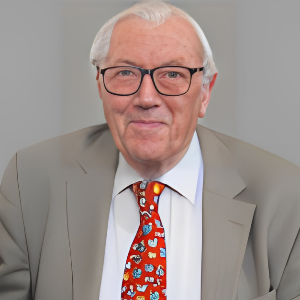Title : A Future for Ultra-Low Volume Application of Biological and Selected Chemical Pesticides
Abstract:
Tradition of applying pesticides has relied generally on using a formulation that mixes with water and is sprayed on crops using manually operated, knapsack sprayers, tractor equipment or aircraft to spray crops to control insect pests, diseases or weeds. The volume of water applied to crops varies but has been over 100 litres per hectare. When rain occurs, the spray deposits on the foliage of crops can be washed off especially from the upper surface of the leaves. The pesticide is therefor moved into the soil and can ultimately it can reach small streams and subsequently rivers downstream. The crop may require another application of spray to maintain control of pests.
The replace of aqueous sprays is to formulate the pesticide using an oil-based liquid so that when rain occurs, the oil formulation remains effectively where spray deposit is attached to the surfaces of the crop.
The oil-based spray is normally applied at an Ultra-low volume (ULV). This can be as low as one litre per hectare. Trials have been carried out using a sprayer fitted with a rotary atomiser to provide droplets, the size of which is within a relatively narrow spectrum to avoid spray drift with very small droplets or wastage to the soil with large droplets. Such trials have enabled yields similar to those achieved when very large volumes of water-based spray were applied.
ULV spraying is particularly important when drones are used to apply pesticides as the spray tank can carry sufficient spray to lengthen the period available for spraying a larger area of crop, without frequent landing to refill the spray tank


